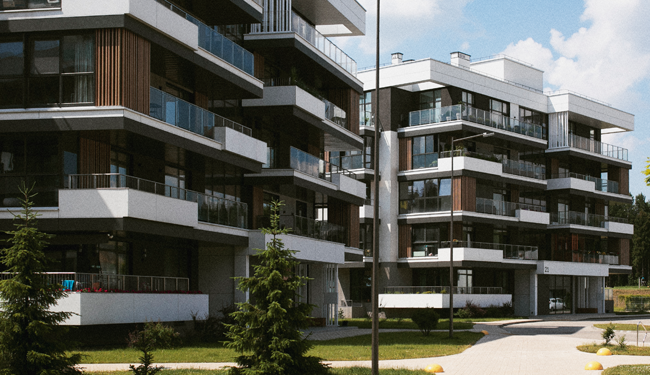
Legal Update: Regulation of Licenses for Managing Common Areas in Real Estate Developments
Background
On 5 August 2025, the Chairman of the Board of the Real Estate Regulatory Authority (RERA) issued Decision No. (1) of 2025, introducing a comprehensive framework for licensing and regulating the activity of Managing Common Areas in shared real estate properties.
This new regulation falls under the broader legislative ecosystem governing the real estate sector, namely Law No. (27) of 2017 on the Regulation of the Real Estate Sector (as amended by Decree-Law No. (41) of 2022), and supplements previous resolutions on property management, owners’ unions, and licensing.
Overview of the New Regulation
The Decision introduces a detailed licensing framework for any natural or legal person wishing to manage, operate, and maintain common areas in real estate developments—such as corridors, entrances, elevators, and other shared facilities. It formalizes a two-tier licensing structure, prescribes licensing requirements, and outlines the obligations, restrictions, and operational standards for licensees.
This move is part of RERA’s ongoing effort to enhance professionalism and governance in the management of jointly owned real estate.
Key Provisions of the Regulation
The regulation is structured across four chapters and includes 26 articles. Its core elements include:
No person may manage common areas without obtaining a license from RERA. Applicants must submit their request via the official RERA portal, attaching commercial registration, identity documents, and other particulars.
Applications are processed within 5 business days. If RERA fails to respond within this period, the application is deemed rejected. A written justification is required for refusals, and rejected applicants may appeal the decision to RERA’s CEO.
Two categories of licenses are created:
Both individuals and legal entities can apply, provided they meet specific qualifications including good financial standing and absence of criminal records involving dishonesty or breach of trust.
The licensee must directly manage the shared areas, including their operation, maintenance, and repair. They are expected to:
Licensees must keep detailed records for at least 10 years, covering contracts, insurance, complaints, meetings, and financial audits.
They must also:
Licenses may be revoked if the licensee dies (in the case of individuals), ceases business for two years, loses eligibility, or is found to have obtained the license fraudulently.
RERA reserves the right to suspend or withdraw licenses and publish related decisions on its website.
Additionally, any person currently managing common areas must regularize their position within 6 months from the date of publication of the Decision.
Practical Implications
This Decision represents a significant step toward professionalizing common area management in Bahrain’s real estate sector. It strengthens RERA’s regulatory grip over what was previously an under-regulated field, and ensures that owners’ unions, developers, and property managers operate within a transparent, accountable, and service-oriented framework.
Real estate professionals—especially those managing jointly owned properties—must now act quickly to comply, by securing the appropriate license and adjusting their internal processes and contractual arrangements in line with the new regulation.